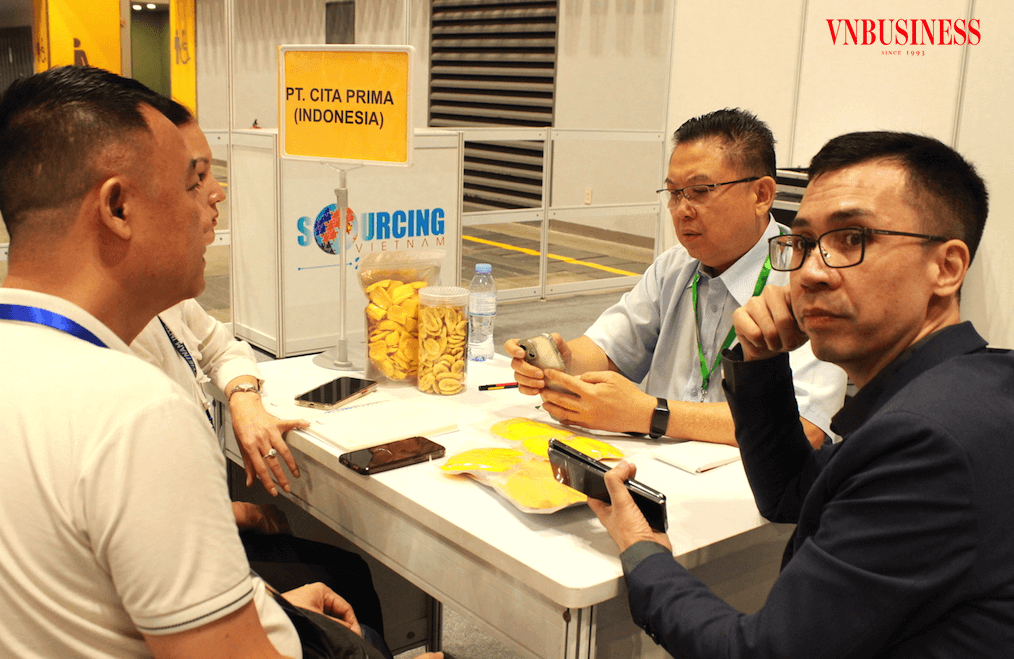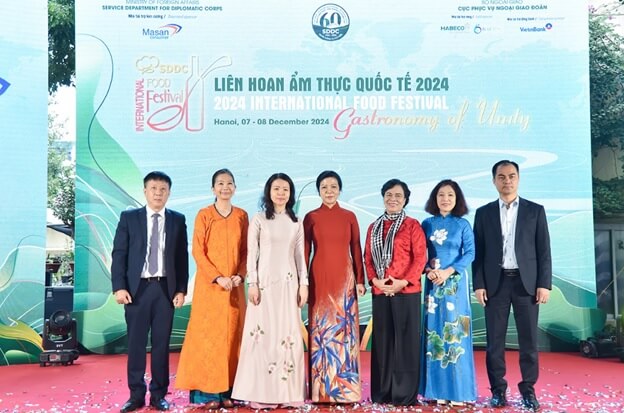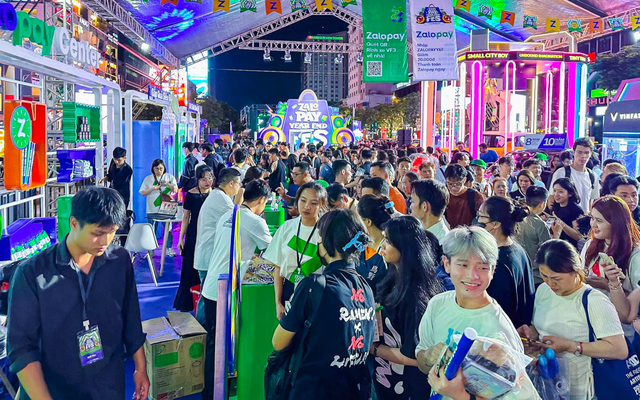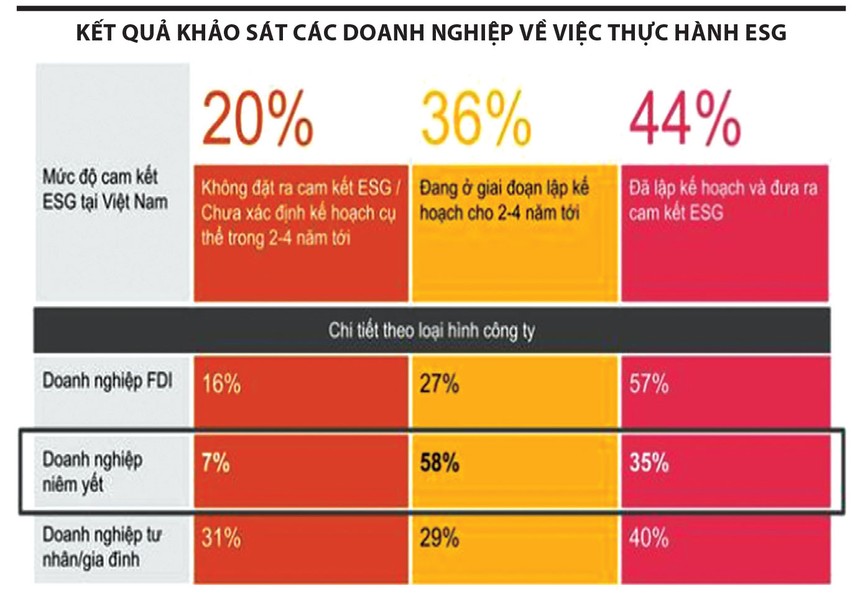63% of Vietnamese consumers are expected to increase their spending on essential goods, with 52% planning to spend more on clothing, and 48% on health care products. The online shopping rate in Vietnam is currently the highest in the region…
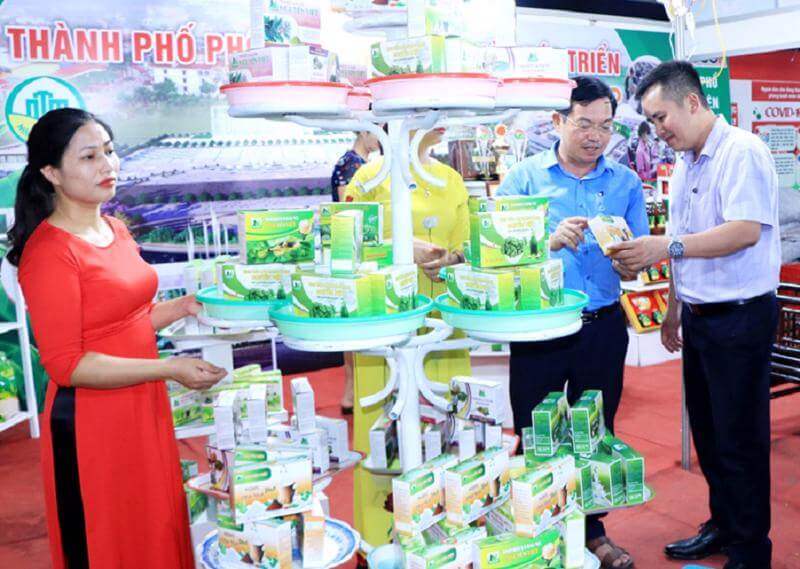
Vietnamese consumers are increasingly prioritizing sustainability in their purchasing habits.
On November 11, PwC Vietnam launched “Consumer Survey 2024 – Vietnam Report”.
SUSTAINABLE PRODUCTS ARE PRIORITIZED
The survey polled more than 7,000 consumers in the region, including 515 from Vietnam, showing that inflation is the top risk for the vast majority (63%) of Vietnamese consumers in the next 12 months.
Signs of recovery, persistent inflation in Asia Pacific economies remains a major concern, making consumers more concerned about how they spend.
According to PwC’s “Asia Pacific Consumer Survey 2024” in Vietnam, 63% of consumers expect to increase spending on essentials in the next 12 months, followed by clothing (52%) and healthcare products (48%).
However, consumers are only willing to stick with brands they truly trust. Therefore, businesses need to know how to build trust across all aspects and form lasting connections with consumers.
In particular, Vietnamese consumers are increasingly prioritizing sustainability in their consumption habits, with 94% reporting having experienced negative impacts of climate change in their daily lives (compared to 88% in the region).
Notably, 74% of Vietnamese consumers expressed their willingness to pay 20% more than the average price for a product made from recycled/sustainable materials, and up to 85% would consider buying a hybrid or electric vehicle in the next 3 years.
Rakesh Mani, Consumer Markets Leader, PwC Asia Pacific, said that consumers today face a range of pressures, including economic uncertainty, concerns about data privacy, and growing awareness of environmental and social issues.
Companies that stand out will focus on building trusted connections with consumers. That emotional resonance – whether through product innovation, omnichannel flexibility, or sustainability efforts – elevates the connection beyond the transactional and encourages deeper brand loyalty.
VIETNAM HAS THE HIGHEST ONLINE SHOPPING RATE IN THE REGION
Along with the popularity of e-commerce platforms, the survey found that Vietnam has the highest online shopping rate in the region, with 67% via mobile phones and 44% via personal computers, although in-store shopping remains high (63%).
In addition, Vietnamese consumers are also actively embracing and using social media platforms, with the aim of accessing new brands and consulting reviews before making a purchase.
71% said they have shopped through this platform, significantly higher than the regional average of 56%.
However, with negative feedback on online shopping, it seems that consumer confidence has been somewhat undermined when considering the safety and reliability of social networks.
The survey shows that 77% are concerned about privacy and data sharing, similar to Asia Pacific countries (74%).
According to the survey, Vietnamese consumers are quite open to using AI in low-risk activities, but still want to have direct human interaction in complex transactions.
Specifically, 69% of AI can help collect product information, followed by making product recommendations (63%) and customer service support (59%).
With consumers’ increasing expectations when shopping in stores and online, the report recommends that brands and retailers apply a flexible omnichannel strategy.
Mr. Nguyen Luong Hien, Deputy General Director, Consumer and Retail Services Leader, PwC Vietnam, said that in the context of Vietnam’s increasingly competitive and diverse consumer market, business leaders need to make strategic decisions to drive growth.
The 2024 Consumer Survey shows that building trust and meeting consumers’ immediate needs are key factors.
The report emphasizes the importance of delivering superior value beyond price competition, building a retail strategy that aligns with customers’ personal goals and at the same time encourages responsible consumption choices.
Transparency, consistency, and a GenAI application strategy and risk management will be important factors to build trust and attract customers. In addition, practicing sustainable development in a real way by making information about the production process transparent and having third-party certification will contribute significantly to building sustainable business operations for enterprises.
With these actions, business leaders are not only ready to face current challenges but also seize the opportunity to develop strongly in the Vietnamese consumer market, one of the markets predicted to be the most vibrant in the world by 2030.

